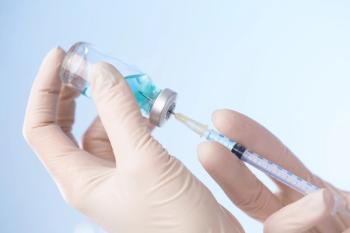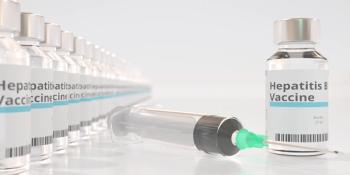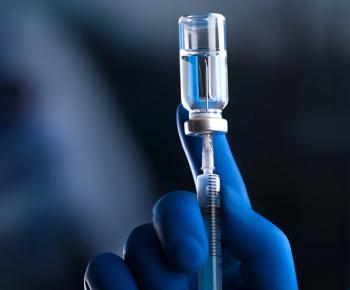
New vaccine development process could provide broad, inexpensive protection from COVID-19 and future coronaviruses
Vaccines for COVID-19 and other coronaviruses could be produced quickly and inexpensively if a new vaccine development method now being tested proves successful.
Vaccines for COVID-19 and other coronaviruses could be produced quickly and inexpensively, and in many places around the world, if a new vaccine development method now being tested proves successful.
“Our new platform offers a new route to rapidly produce vaccines at very low cost that can be manufactured in existing facilities around the world, which should be particularly helpful for pandemic response,” Steven Zeichner, MD, PhD, one of the scientists involved in the project, said in a University of Virginia Health System news release.
Researchers from the University of Virginia, where Zeichner is employed, and Virginia Tech have created vaccines to prevent pigs from contracting a pig model coronavirus, using a vaccine development platform that could eventually lead to a universal vaccine for coronaviruses, according to the release.
The platform’s vaccine production process begins with development of a synthetic DNA that instructs the body’s immune system how to respond to the virus. Through a series of additional steps, the DNA is introduced into a form of the E. coli bacteria that has been modified to make it easier for a body’s immune system to recognize and respond to vaccine antigens that have been placed on the bacteria’s surface.
To produce the vaccine, the bacteria expressing the vaccine antigen can be grown in fermenters similar to those used in common microbial industrial processes such as brewing.
Zeichner notes that the technology is similar to that currently used by many low- and middle-income countries to produce hundreds of millions of vaccine doses annually for diseses such as cholera and pertussis, usually at a cost of $1 or less per dose. “It may be possible to adapt those factories to make this new vaccine,” he says.“Since the technology is very similar, the cost should be similar too.”
He adds that vaccines developed this way would be easy to store and transport even in remote areas of the world. Moreover, the entire production process can be completed in as little as two to three weeks, making it ideal for responding to future pandemics.
Additional testing, including human trials, would be required by the U.S. Food and Drug Administration and other nations’ regulatory agencies before vaccines developed under this process could be used in people.
Newsletter
Stay informed and empowered with Medical Economics enewsletter, delivering expert insights, financial strategies, practice management tips and technology trends — tailored for today’s physicians.






